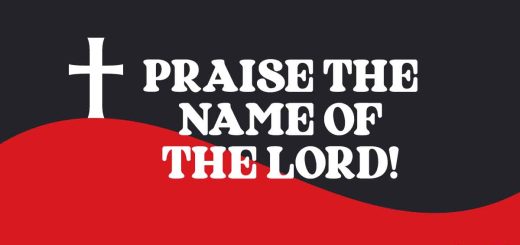A priest is not a magician
In Kinshasa in the Democratic Republic of Congo there are several thousand sects; it�s impossible to know their exact record. What worries me is not so much their rapid increase but the type of Christianity they teach the people.

A woman prays at Mass in Kinshasa. Fr Evans Chama writes that some of his parishioners in Kinshasa see prayer as a form of magic. (Photo: Finbarr O'Reilly, Reuters/CNS)
People are tempted into a certain spiritual passivity whereby God is expected to do the entire spanner boy�s job. A Christian only needs to pray and all is done. In that view, you can even have an even more direct line, faster and more effective: the prayer of the pastor.
The pastor�s prayer is a bit of a trick number that is expected to open the doors of success. Do you want marriage? Want money? You have a diploma but no job? Easy! Go find a pastor, and you shall have it all.
What kind of belief lurks behind this kind of prayer?
People seem to have an obsession with evil spirits and every failure is attributed to these. It imprisons a person into a mindset of being incapable of standing up to fight his way out. He is just a pitiful victim.
Even some Christians are more conscious of the force of evil spirits around them than they are of God�s protection, so they live in perpetual fear.
And they expect to achieve their wants through the miracle of the pastor�s prayer.
Unfortunately, this idea has penetrated even among Catholics, at least in our parish. Instead of facing their problem and working to find a solution, all they want is Father�s magical prayer.
Here is an illustration of that.
Among the Lingala people there is a phenomenon called kindoki, meaning sorcery. Although this belief is not confined to Kinshasa, there is something quite remarkable here.
Imagine, a mother accusing her own baby of being a ndoki (witch). That baby is considered an obstacle to the family�s success.
Often such accusations fall on children with pale appearance, protruding belly, or a stunted and wasted body. The solution is the pastor�s prayer of exorcism.
But the symptoms of kindoki obviously are signs of malnourishment, a fact some mothers do not want to face.
Sisters in our parish are running a nutrition centre, free of charge. Although they go from house to house to persuade parents to bring their malnourished children to the centre, many are so entrenched in kindoki that they prefer going to a pastor for prayer.
Recently a young man in our parish was in and out of hospital. Finally, he concluded, some evil spirits were preventing his cure. He went to a sect to be exorcised.
When I learnt of this, I went to chat with him. The problem was that he could not afford the tests suggested to him at the hospital. I pointed him to an NGO that offers people like him help.
It turned out that his swellings were due to heart problem�and not demons.
Another example: A man brings water for me to bless. Why? He is not on good terms with the neighbour, and he is suspicious of the neighbour�s dog that comes into his yard. He wants holy water to prevent that dog from entering the yard. Surely holy water is not intended for driving dogs away?
St Augustine said: �God who created you without you, will not save you without you.� While he spoke in terms of human freedom, we can also apply it to the need to do our part.
The liberation, the new life that Jesus gives, is not magic. The Promised Land was not delivered on a silver platter, the sons of Israel had to fight for it, with God�s help.
So do we have a role to play in our well-being. Prayer does not absolve us from taking our responsibility.
Priests and pastors will do well to receive the suffering people with sympathy and guide them in their faith. But they should be firm in rejecting any suggestion that drags them into realms of magic. It is simply not the way of Jesus.
- Are Saints Models to Emulate or Little Gods? - February 14, 2022
- Towards an African Pentecost! - June 4, 2017
- A Greek Orthodox Giant of Unity - August 3, 2015




